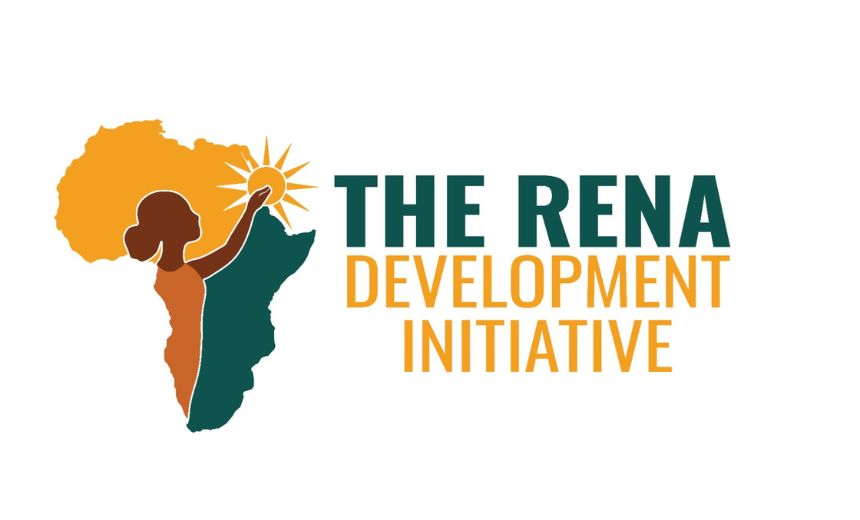As the world observes the 2025 International Day of the Girl-Child, Nigerian-based nonprofit organisation, The Rena Development Initiative has called for urgent policy and societal action to support girls particularly those in crisis-affected regions who are stepping up as leaders in the face of adversity.
This year’s theme, “The Girl I Am, The Change I Lead: Girls on the Frontlines of Crisis,” challenges global institutions to recognise girls not as passive victims, but as active agents of change leading their communities through conflict, displacement, and environmental shocks.
In a statement released Saturday, Executive Director of The Rena Development Initiative, Ruth Onoshiorena Obozeghie underscored the need for bold reforms noting that the day is not simply symbolic, but a launching pad for renewed urgency in matters of the girl-child.
She noted that the urgency is rooted in stark realities. “Globally, more than 120 million girls are out of school, with over half living in fragile or conflict-affected regions. In Nigeria alone, approximately 12.2 million girls are estimated to be out of school, accounting for over one-fifth of the global total.”
“Child marriage remains another persistent issue. According to UNICEF, 44% of Nigerian girls are married before the age of 18, making Nigeria the third highest globally in the number of child brides. The consequences are severe: interrupted education, increased health risks, and a cycle of poverty that persists for generations.” “These practices rob girls of their futures and limit national development,” said Obozeghie. “We must act now to break these cycles.”
MUST READ: Kaduna State Government Dismisses Reports About Clashes Between Farmers And Herders In Kagarko Council Area
Despite these challenges, the organisation emphasised that girls are often first responders in their communities, leading grassroots change, advocating for education, and organising around issues from gender-based violence to climate resilience.
The Rena Development Initiative is urging national and state governments, civil society, and development partners to anchor crisis responses in girl-centered policies, including guaranteeing access to safe, quality education during emergencies, enforcing laws against child marriage and gender-based violence, expanding access to adolescent-friendly health services, including sexual and reproductive health care, ensuring sustainable funding for girls’ rights and leadership initiatives and improving crisis preparedness and coordination across sectors.
The Rena Development Initiative pledged to continue working with communities, governments, and girl-led movements to implement these recommendations and amplify girls’ voices across Nigeria and beyond.
(Editor: Terverr Tyav)








